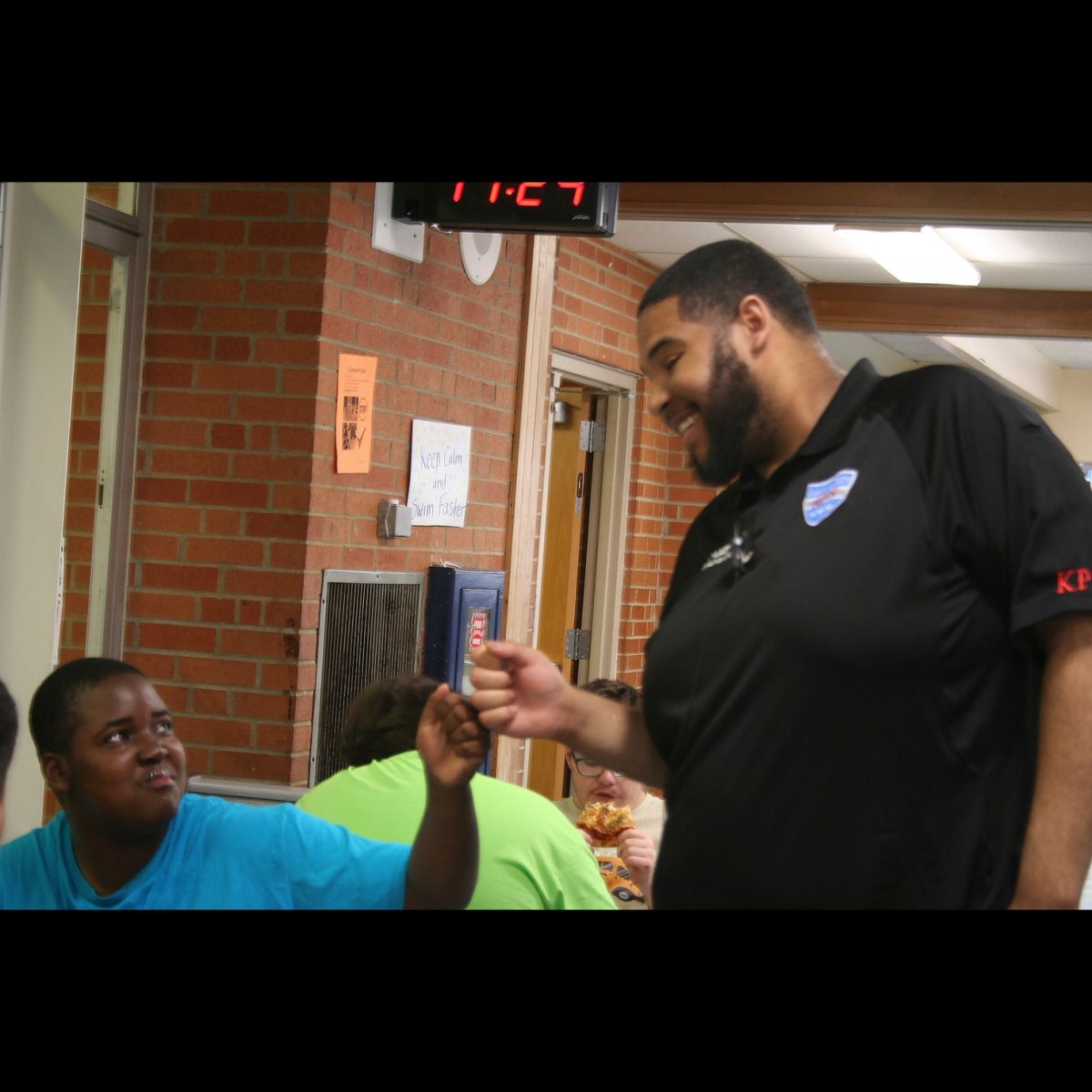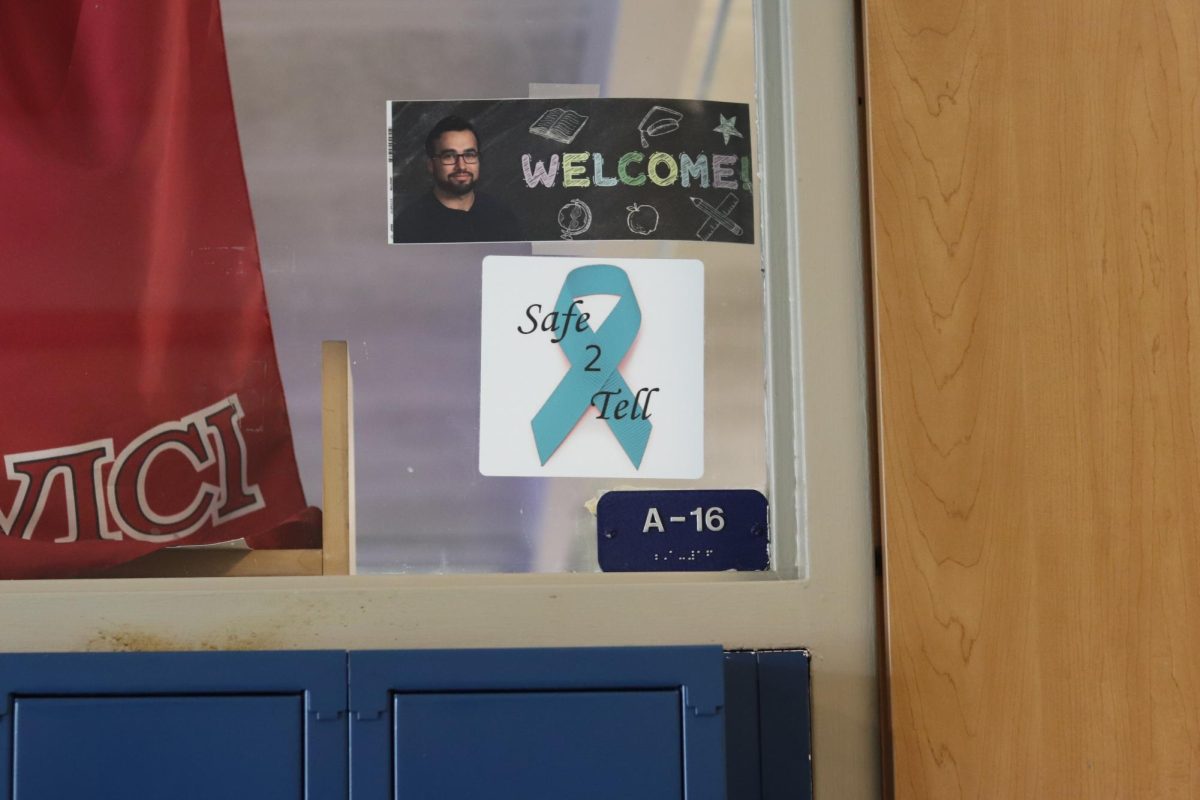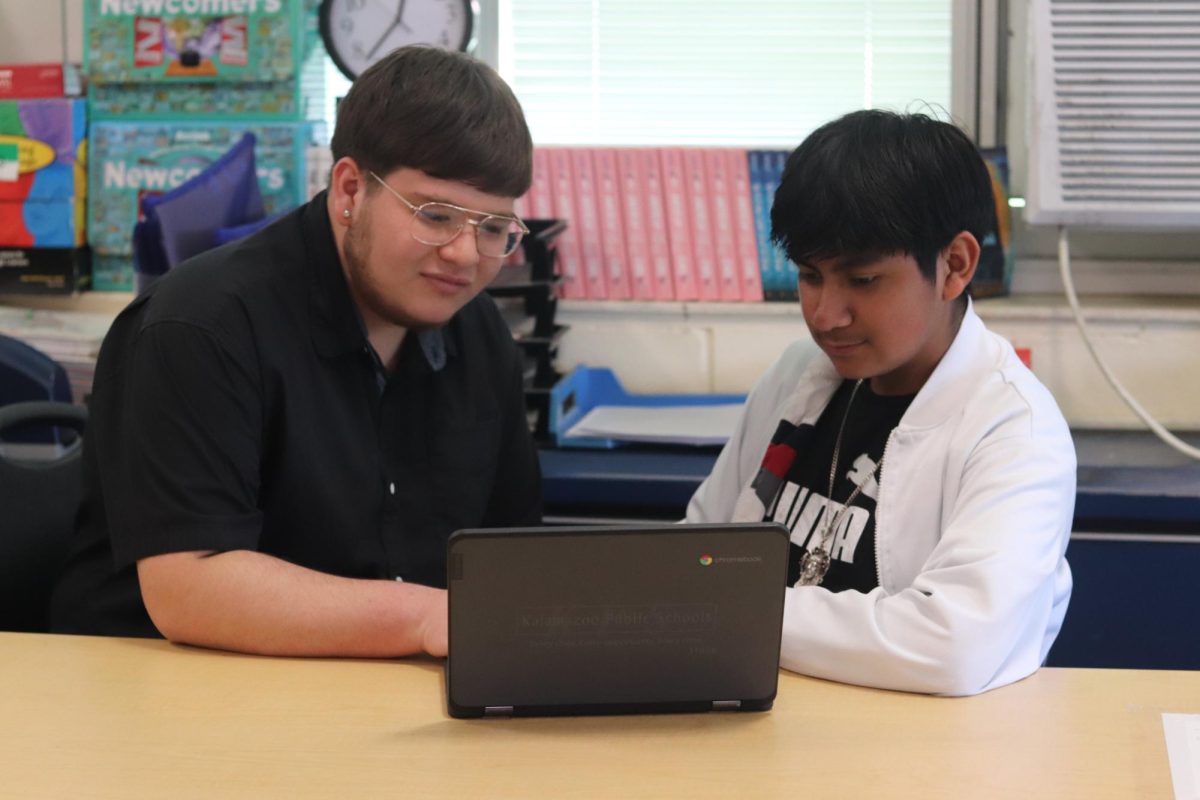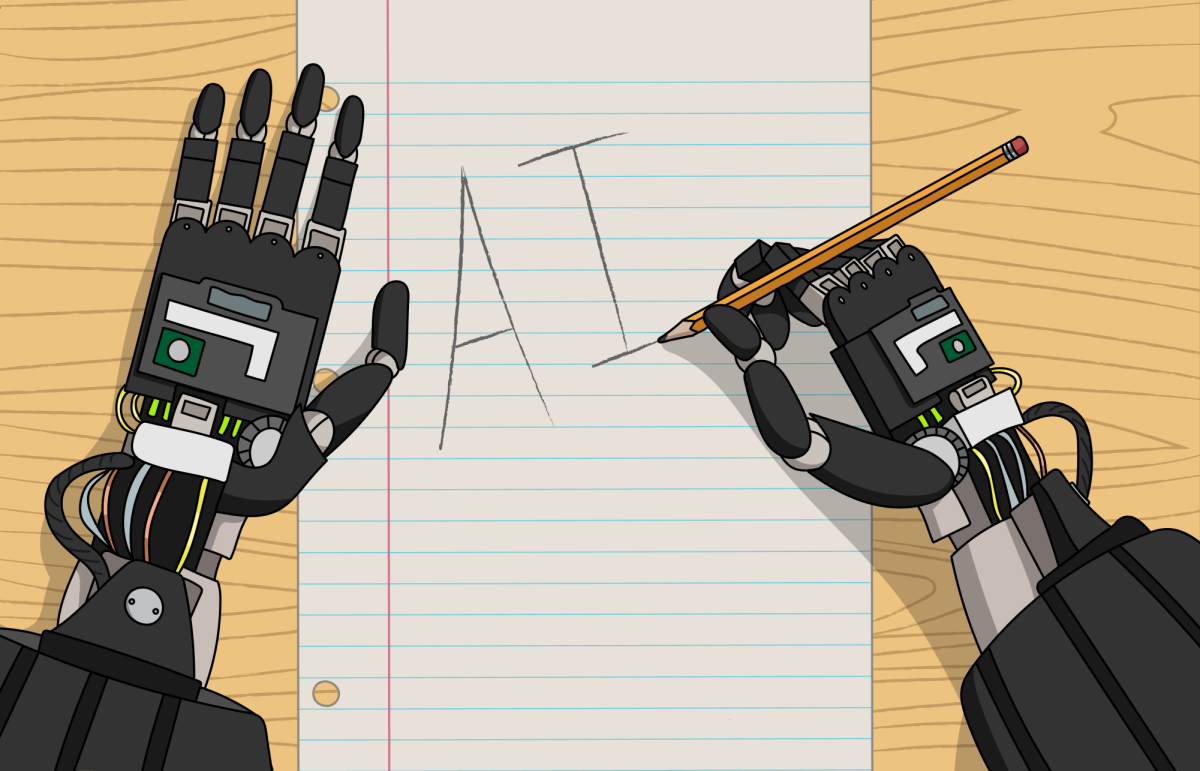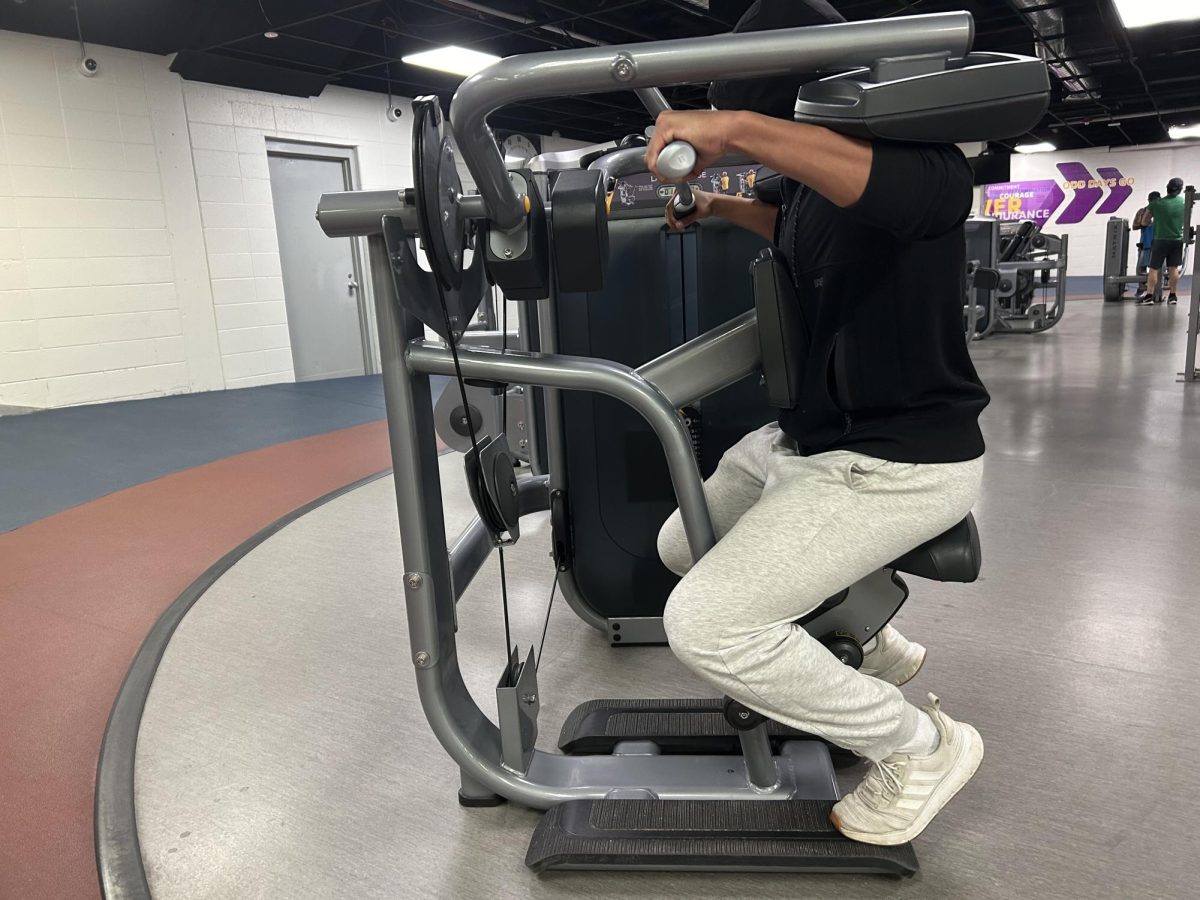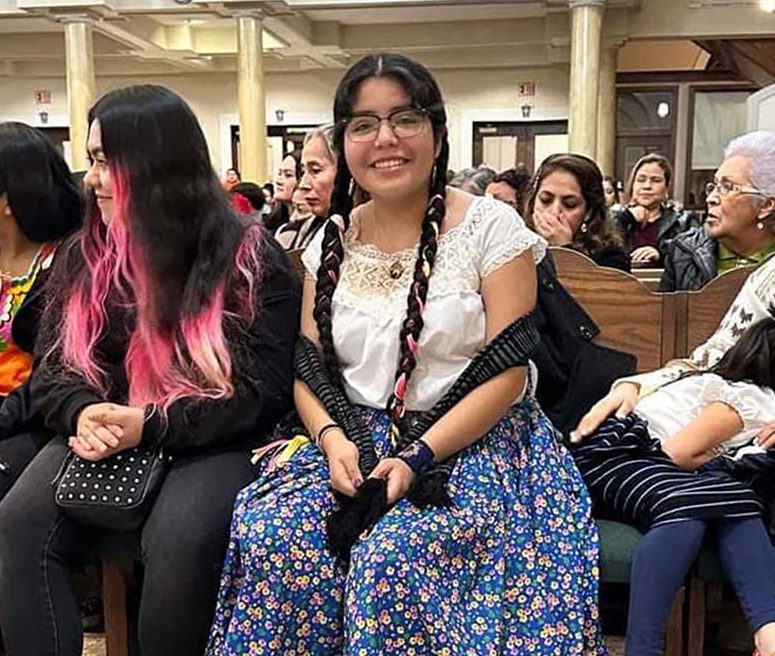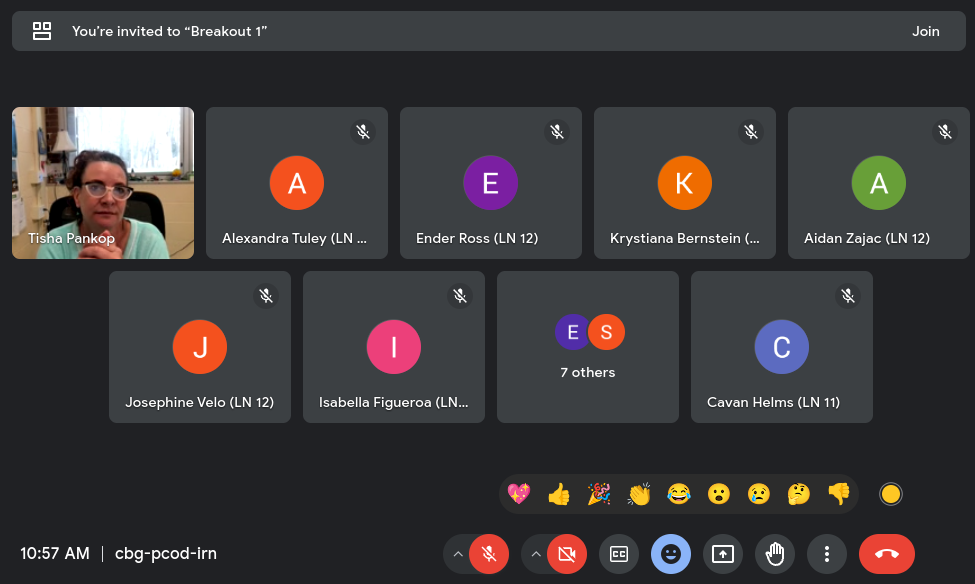
Most high school students know the drowsy feeling of having to wake up early for school whether it is at 5:30 or 7:30. Regardless, this contributes to a lack of motivation, energy, and can even cause health issues.
According to the website Sleepfoundation, teens need about 8 to 10 hours of sleep each night. Most teens do not get enough sleep. One study found that only 15 percent reported sleeping 8 1/2 hours on school nights. Because of the lack of sleep, many teens suffer from treatable sleep disorders, such as narcolepsy, insomnia, or restless legs syndrome.
Some people believe students should just learn to go to bed earlier, so they won’t be as tired and sleep deprived in the morning. While this sounds like a simple solution, experts say that during the teen years, the body’s circadian rhythm (sort of like an internal biological clock) is temporarily reset, telling a person to fall asleep later and wake up later. This change might be due to the fact that the brain hormone melatonin is produced later at night for teens than it is for kids and adults. This can make it harder for teens to fall asleep early. You can’t always blame teens for falling asleep later at night.
Over time, lack of sleep and sleep disorders can contribute to the symptoms of depression. In a 2005 Sleep in America poll, people who were diagnosed with depression or anxiety were more likely to sleep less than six hours at night.
The most common sleep disorder, insomnia, has the strongest link to depression. In a 2007 study of 10 thousand people, those with insomnia were five times as likely to develop depression as those without. In fact, insomnia is often one of the first symptoms of depression. You heard it; sleep deprivation is linked to depression. In some cases, depression is linked to suicide.
“I see a lot of teenagers who are tired and have problems in school because they have to get up so early,” said Deray, who directs the Sleep Disorders Center at Miami Children’s Hospital. “Some kids are getting up at 5 a.m., 6 a.m.”
Once your alarm clock starts beeping, you have a split second decision whether to get up and get ready, or sleep longer and cram your morning in a shorter time period. Most teens would rather snooze a while longer than get up.
“Breakfast is the most important meal of the day!” we’re all taught. We know this to be true, but not many teens act on it and actually partake in a full and satisfying breakfast. Why eat when you’re sleep deprived and have the chance for an extra 15 minutes to sleep?
Breakfast feeds our brain and gets us ready for the day ahead. Students who skip it aren’t as prepared and focused for school when it starts early in the morning. On the contrary, sleep is found more important in teens, and this is a factor why they don’t eat in the morning. Those extra minutes to sleep are more treasured. While there is opportunity to eat at school many times during the day, there isn’t room for nap time in most cases.
Simply by moving the beginning and end of the day forward by an hour, no harm is really done. Many solutions would be solved. Students would get more precious sleep time in the morning and not feel as rushed or sleep in as often. When you’re not rushed, you remember the most important meal of the day, breakfast. Once you indulge in breakfast, you’re already ahead and ready to take on the day now that your brain is fed.
“The demonstrated benefits are widespread and include more sleep, less daytime sleepiness, and improvements in academic, health, mood, and safety parameters,” says Judith Owens, director of Sleep Medicine at Children’s National Health System in Washington DC.
Sleep deprivation in teens: Why school should start later in the day
March 17, 2015

